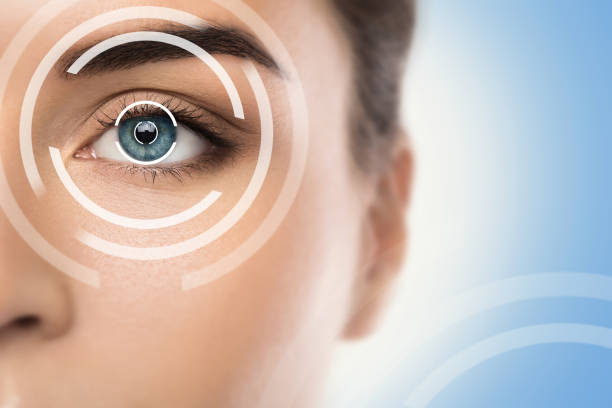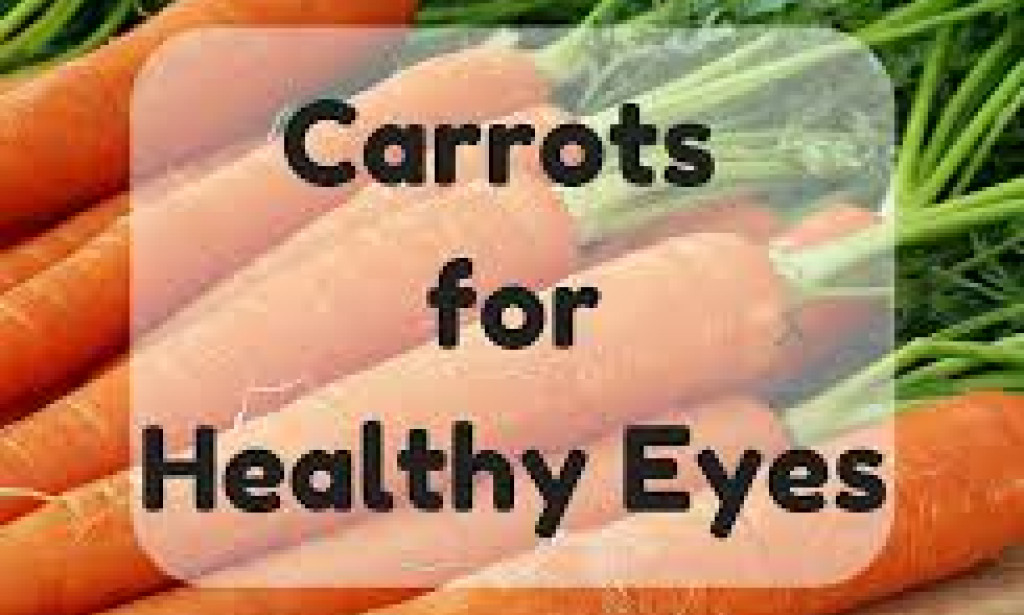The Truth About Carrots and Eye Health
Carrots have long been associated with promoting good eyesight, but do they really live up to the hype? While carrots contain antioxidants beneficial for eye health, the notion that they magically grant perfect vision is a myth. This article aims to explore the origins of this belief and unravel the truth behind the connection between carrots and eye health.

The Beta-Carotene Boost
Carrots are rich in beta-carotene, a powerful antioxidant that the body utilizes to produce vitamin A. Vitamin A, in turn, offers significant advantages for eye health. It plays a crucial role in strengthening low-light vision, as the eyes use vitamin A to create rhodopsin, a pigment aiding sight in dim lighting conditions. Additionally, vitamin A contributes to maintaining the cornea, preventing issues like corneal ulcers that can arise from a severe deficiency.
Lutein's Role in Eye Health
Beyond beta-carotene, carrots also contain lutein, another potent antioxidant. Studies suggest that lutein, perhaps more than beta-carotene, may help slow the progression of age-related macular degeneration (AMD), a condition with severe implications for vision. Lutein's positive impact on eye health adds another layer to the benefits of incorporating carrots into your diet.
Antioxidants and Cell Damage
Antioxidants, including those found in carrots, play a crucial role in mitigating cell damage caused by free radicals—molecules with unpaired electrons. While researchers are still uncovering the full extent of antioxidants' capabilities and their impact on the body, there is a growing understanding of their potential in promoting overall health.
Cooked Carrots vs. Raw Carrots
Research indicates that opting for cooked carrots over raw ones allows for more efficient absorption of beta-carotene by the body. While studies often focus on beta-carotene and lutein supplements, rather than carrot consumption directly, incorporating cooked carrots into your meals can maximize the benefits of these antioxidants.
Closing Thoughts
While carrots indeed offer valuable antioxidants for eye health, it's crucial to dispel the myth of an instant vision miracle. Most studies explore the impact of specific antioxidants in supplement form rather than through carrot consumption. Moreover, vitamin A deficiency leading to vision loss is rare for individuals with a balanced diet. In conclusion, while carrots contribute to eye health, they are just one piece of the puzzle, and a diversified, nutrient-rich diet remains essential for overall well-being.



You must be logged in to post a comment.